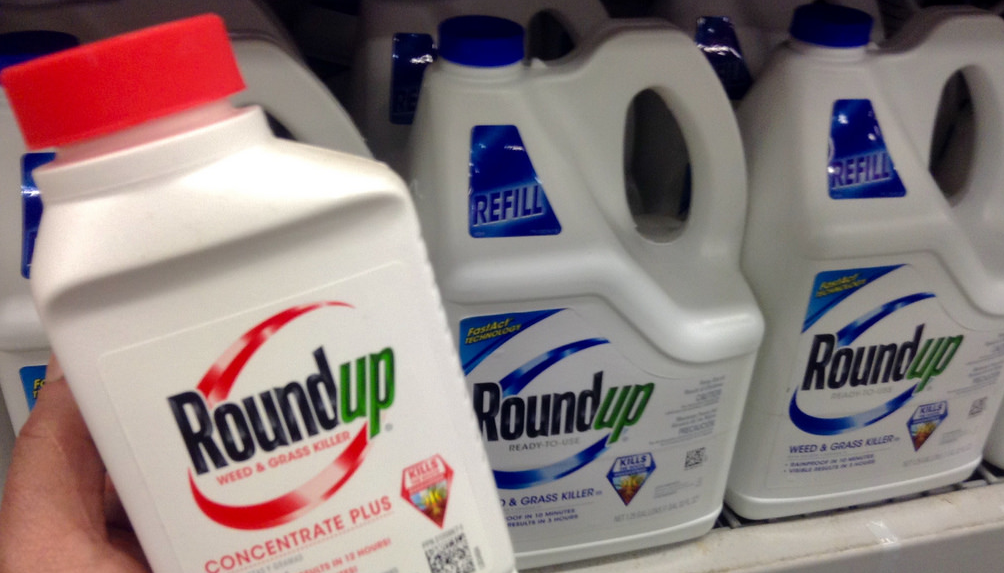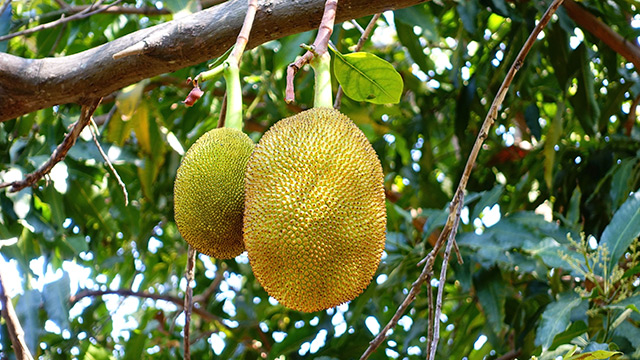Crop productivity and food security threatened by herbicide-resistant super weeds
04/08/2018 / By Frances Bloomfield

A collaborative effort between various institutions in the United Kingdom has revealed that herbicides have lost their effectiveness in controlling the weeds that damage food crops. According to the study authors, this due primarily to the fact that these plants have grown resistant to chemicals.
- About 70 farms across England were sampled for black-grass populations, while back-grass seeds were collected from 132 fields.
- Historical management data was gathered as well to assess which factors drove the abundance and herbicide resistance of black-grass.
- Glasshouse bioassays showed that 80 percent of the sampled black-grass populations exhibited signs of herbicide resistance.
- Moreover, field monitoring demonstrated that the level of herbicide resistance was analogous the density of black-grass populations.
- The study authors noted that no other management factors, beyond the intensity of herbicide use, was able to influence the plants’ herbicide resistance.
- With the increased density of black-grass come higher herbicide costs and smaller crop yields – causing farmers to lose a significant portion of their profit.
- Cyclical application of herbicides and differing chemical mixtures had no impact on herbicide resistance prevention.
Thus, the researchers concluded that new weed management strategies would be needed, primarily those that relied less on herbicide usage.
Journal reference:
Hicks HL, Comont D, Coutts SR, Crook L, Hull R, Norris K, Neve P, Childs DZ, Freckleton RP. THE FACTORS DRIVING EVOLVED HERBICIDE RESISTANCE AT A NATIONAL SCALE. Nature Ecology & Evolution. 2018;2(3):529–536. DOI: 10.1038/s41559-018-0470-1
Tagged Under: cereal crops, chemicals, crop loss, herbicides, superweeds




















